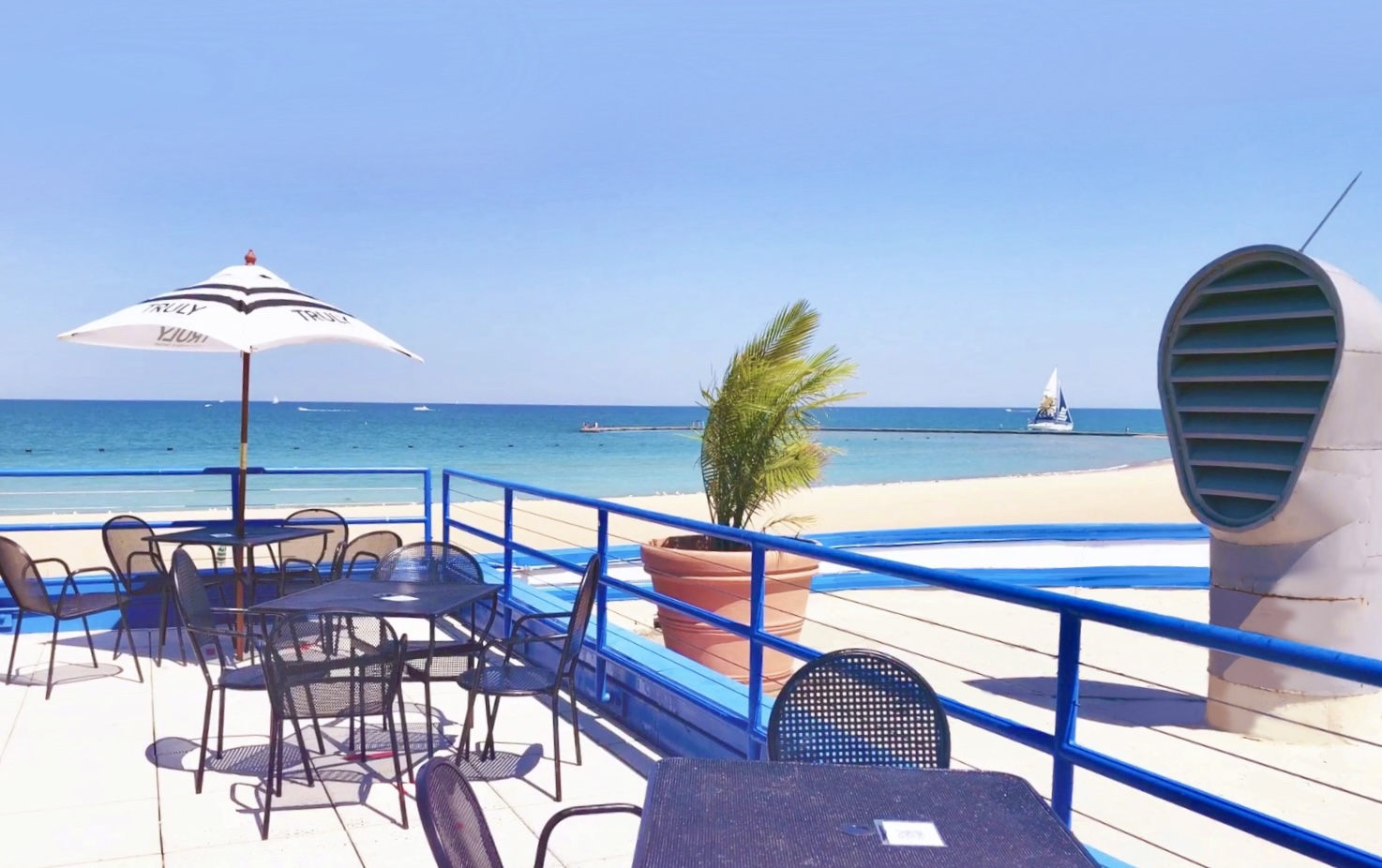With few exceptions, nobody really starts off their career being an entrepreneurship. You work a job until you either decide you'd rather be serving your own cause exclusively, or doing so on the side. Renee Prisble is in the latter camp, having taught people how to make molds and casts at the School of the Art Institute for three years before deciding this year that she'd like to supplement that with Mold Making & Casting Chicago, her new side gig. Prisble is "looking to share [her] skills and knowledge with other artists and… [her] business focuses in private lessons, small group lessons and project consultation." To find out more about what inspired this new move for Prisble and how her business is faring thus far, I gave her a call.
Your publicist said you "didn't know much about running a small business" before this. Would you agree with that?
Renee Prisble: Uh, no, not much. I still don't.
Yeah?
Renee Prisble: Well, let me tell you a little bit about what I'm doing. I've only had two customers. I don't have a business license. Actually, technically, three. I don't know how to get a business license. I don't know if I want a business license. What I want to do is make a little bit of extra money making molds or, more importantly, teaching other artists how to make molds for their projects.
I got the idea for doing this at New Year's. I made business cards and I made a web presence and that's how I've gotten my three customers.
When throughout the year did you get these customers?
Local
Renee Prisble: They've been pretty recent.
And what do you credit that with?
Renee Prisble: The Google search robot finding my search words.
Ah. That's good. So, what convinced you this was something you absolutely had to do, since this is new territory for you?
Renee Prisble: [Laughs.] I don't absolutely need to do this. I'm a part-time teacher at three different colleges and I wanted a little bit of extra money and a little bit of a fallback plan because part-time teaching is not reliable employment.
Well, I meant more from a passion standpoint that you had to do it. Or was this primarily motivated by just the extra income?
Renee Prisble: Well, let's face it: the best way to make money is to get a good job, right? So there is some sort of passion, if you will, but I want to continue working in my studio and I want to continue thinking about and researching things that are relevant to my own art-making. I really like teaching. I wish I could do it full-time, but that's just not what colleges do anymore. It's really unlikely that I'll ever be a full-time teacher, which would be my main desire. So it's a combination of wanting to make extra money, basically, in my studio, and wanting my studio to not be such a deficit to my household income. Actually, my only goal right now is that it could be a break-even relationship.
What goals do you have for the business?
Renee Prisble: What I'm enjoying and I've seen with some other friends that do small projects and small-business endeavors like this is -- I think it's a new way of thinking or being sort of related to the DIY movement. But, ideally, I'd like to get one customer a month. [Laughs.] During the school year. And maybe do more over the summer. I don't have any desire to have employees or to make this my main income at this point. And in a way, I don't want to put myself out there like that. I think that it will slowly grow and if it gets to a point where there's enough demand that I need an employee, then I will learn how to do that, then.
I have made molds for other people but I would prefer to teach someone how to make the molds so I don't have to make them. Which is another funny part. Most business people and most people in this kind of business, they want a big customer who wants a lot of molds. They want to keep the molds so the customer has to come back to them for the casting. My business model is completely the opposite. I just want to teach the customer how to do it themselves.
If you say you don't know much about small businesses now and you didn't before, did you spend any time at all attempting to talk yourself out of doing this?
Renee Prisble: No, I'm doing it! I also don't think running a small business is rocket science. It's money in, money out. And you want more more in than out.
If it's not rocket science, what's something that has caught you off guard?
Renee Prisble: I don't know, I think it's going pretty well. I don't know if it's from teaching, but because of the way that I want to run my business, pretty small scale, I've got a lot more inquiries than customers, which is typical, and I don't feel that bad that I didn't make the sale on every single one of them. I only want to do certain projects that will be both lucrative to me and helpful to that person. You gotta meet up in that place, otherwise the person's not going to feel my hourly rate is what they're gonna want to pay.
Is your ultimate goal for this to maybe be full-time? Or are you more seeing where it goes?
Renee Prisble: Yeah, I'm more just seeing. My ultimate goal would be to make the rent for my studio space every month. Which is a really small goal. [Laughs.]
Well, baby steps.
Renee Prisble: It's interesting because I went to some small-business thing that was put on by the Women's Business Development Center in the Cultural Center. I think it's really interesting -- I don't know if it's an American entrepreneurial psyche, but as soon as you think of an idea you want to drop everything else you're doing and make that your full-time job. I think there's going to be a lot more cottage industries. I think Make Magazine and these other do-it-yourself little communities might be a new model for small business in the future, where, somebody has a small business on the side of their full-time job. They don't necessarily desire for it to become a corporation. It'll serve the small community that it does.

David Wolinsky is a freelance writer and a lifelong Chicagoan. In addition to currently serving as an interviewer-writer for Adult Swim, he's also a comedy-writing instructor for Second City. He was the Chicago city editor for The Onion A.V. Club where he provided in-depth daily coverage of this city's bustling arts/entertainment scene for half a decade. When not playing video games for work he's thinking of dashing out to Chicago Diner, Pizano's, or Yummy Yummy. His first career aspirations were to be a game-show host.



